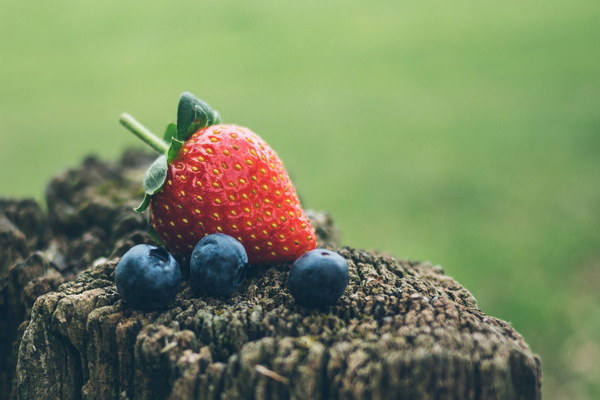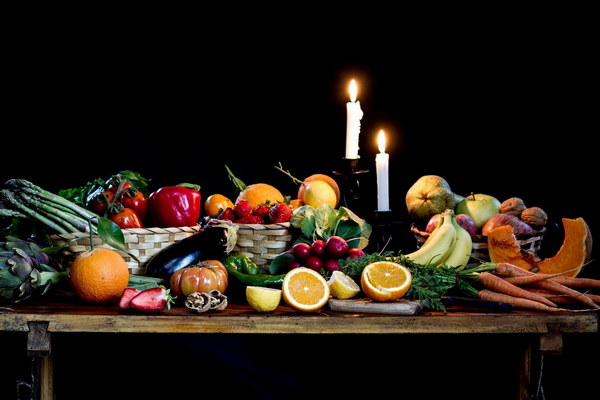Nourishing Elixirs Exploring Traditional Chinese Ingredients for Home Remedies
In the realm of traditional Chinese medicine, the belief in the power of nature to heal and rejuvenate is deeply rooted. For centuries, families have turned to a variety of natural ingredients to support their health and wellness. These ingredients, often found in the kitchen or locally sourced, are not only delicious but also packed with nutritional benefits that can help strengthen the body and mind. Here, we delve into some of the most popular traditional Chinese ingredients that have been used for home remedies and nourishment.
1. Goji Berries (Lycium barbarum)
Known as the Elixir of Immortality in Chinese medicine, goji berries are a superfood that boasts a wide array of health benefits. Rich in antioxidants, vitamins, and minerals, these small, red berries are believed to enhance longevity, improve vision, boost the immune system, and even improve sexual function. They can be eaten raw, cooked, or dried, and are often used in teas, soups, and stews.
2. Astragalus (Astragalus membranaceus)
Astragalus is a potent adaptogen that helps the body adapt to stress, thereby strengthening the immune system. This root is also believed to improve energy levels, support heart health, and enhance overall vitality. It can be taken as a tea, tincture, or in capsule form. In the kitchen, astragalus can be used in soups and stews to add a savory, earthy flavor.
3. Ginger (Zingiber officinale)
Ginger has long been revered for its medicinal properties. It is known to aid digestion, reduce nausea, and alleviate muscle pain. This versatile root can be used in a variety of dishes, from stir-fries to teas, and can also be made into a paste or powder for easy use. Ginger tea is a popular home remedy for colds and flu, as it helps to sweat out the virus and relieve congestion.
4. Licorice Root (Glycyrrhiza uralensis)
Licorice root is a sweet, aromatic herb that has been used in Chinese medicine for thousands of years. It is believed to have anti-inflammatory, antiviral, and antibacterial properties. Licorice root can be used in teas, soups, and candies, and is often combined with other herbs to enhance their effects. It is particularly beneficial for soothing sore throats and supporting adrenal function.

5. Reishi Mushroom (Ganoderma lucidum)
Reishi mushrooms are considered the king of herbs in traditional Chinese medicine. They are known for their ability to boost the immune system, improve sleep, reduce stress, and enhance overall vitality. Reishi mushrooms can be consumed as a tea, tincture, or in supplement form. They have a rich, earthy flavor and can be used in soups, stews, or as a topping for salads.
6. Chuanxiong (Ligusticum chuanxiong)
Chuanxiong is a powerful herb used to improve blood circulation and alleviate pain. It is often used in the treatment of migraines, menstrual cramps, and arthritis. Chuanxiong can be taken as a tea or in capsule form, and is also used in cooking to add a distinct flavor to soups and stir-fries.
7. Chinese dates (Jujube)
Chinese dates are sweet, chewy fruits that are rich in vitamins and minerals. They are believed to boost energy, improve digestion, and support heart health. These dates can be eaten raw, dried, or cooked in a variety of dishes. They are often used in Chinese desserts and are a popular ingredient in traditional Chinese medicine formulas.
By incorporating these traditional Chinese ingredients into your daily diet, you can tap into the timeless wisdom of nature's remedies. Not only will you enjoy the delicious flavors and health benefits, but you'll also be nurturing your body with the nourishment it craves. Remember, the path to wellness is a journey, and these ingredients are just a few of the tools you can use to support your health and happiness.









